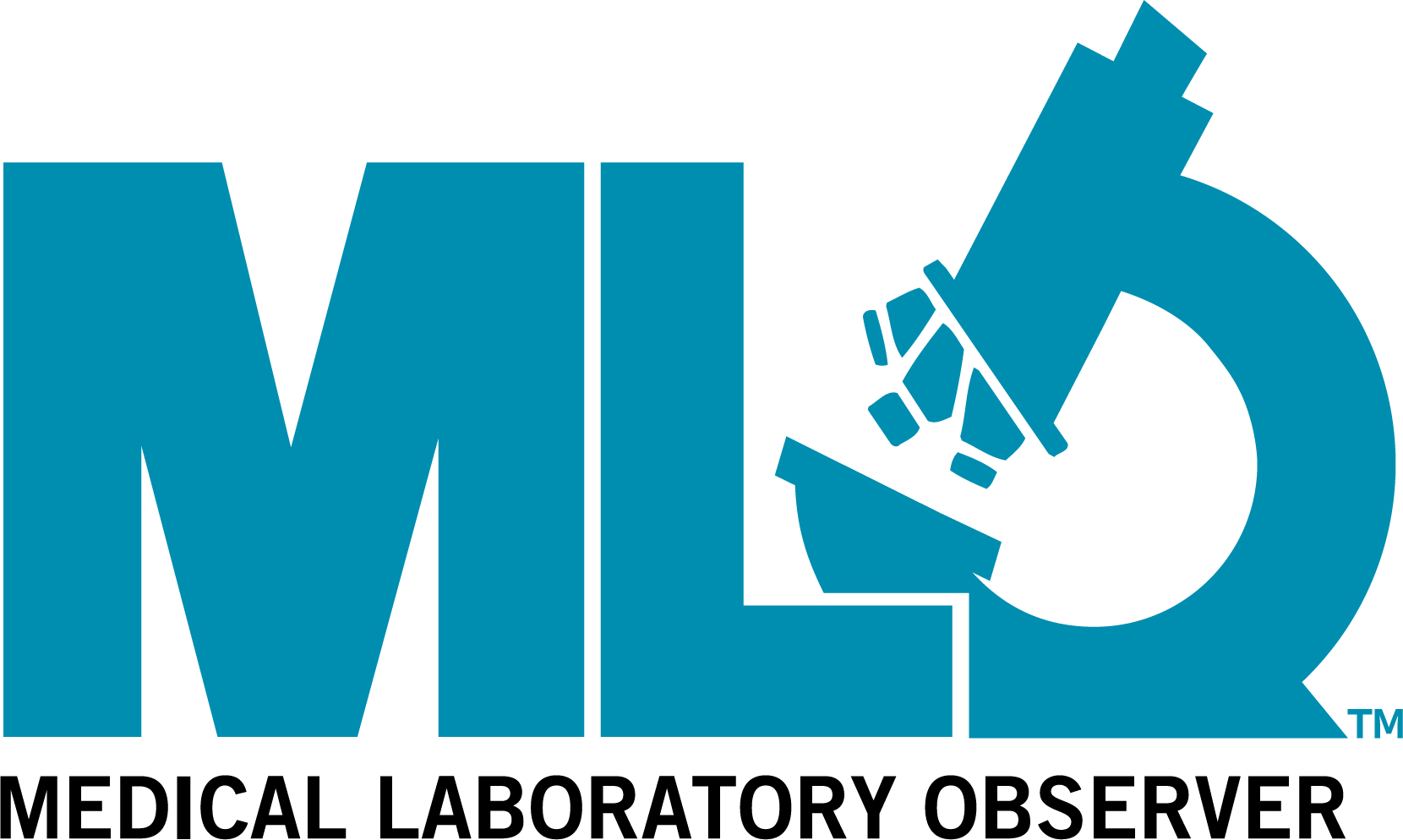July 30, 2025
OncoHost Named Top Precision Oncology Solution for 2025

Original source here
A Holistic Approach to Personalizing Cancer Treatment
OncoHost is leading a new era of personalized cancer care, where the patient’s biology, not just the tumor, guides the path forward.
For decades, the field has focused almost exclusively on the tumor—its genetic signatures, mutational burden and molecular drivers. But this narrow lens often falls short in predicting real-world treatment outcomes. It overlooks critical biological processes such as immune response, inflammation, and metabolism, factors that significantly influence whether a patient will benefit from therapy.
OncoHost brings a disruptive view into the picture, introducing a model that sees the patient not as a passive recipient of care, but as a dynamic biological system whose response can guide the course of treatment. That shift drives the company’s mission to capture cancer’s complexity in the host, not just within the tumor, but across the systemic landscape that defines treatment success or failure.
“We believe true precision begins with understanding the full biological context, not just the tumor, but the patient behind it,” says Dr. Ofer Sharon, MD and CEO.
At the core of this approach is PROphet®, an AI-driven platform built on advanced proteomics. Using a single blood sample taken before treatment, PROphet® analyzes thousands of plasma proteins to generate a personalized score. This score delivers three key insights: the likelihood of benefit from PD-1/PD-L1 immunotherapy, the biological reason a patient may not respond, and the potential for severe immune-related side effects.
The added layer of systemic visibility is what sets PROphet® apart from conventional tumor-centric tools like PD-L1 testing or ctDNA. While those offer static molecular snapshots, PROphet® provides a dynamic, real-time understanding of how the patient’s body is responding to cancer and treatment. It offers not just prediction, but biological explanation, helping oncologists understand why a patient may or may not respond to a particular therapy.
The first application of the platform, known as PROphetNSCLC™,supports treatment planning in advanced non-small cell lung cancer. The test is designed to complement PD-L1 scoring and existing clinical criteria by introducing a proteomic-based, host biology perspective into the decision-making process. Its clinical utility has been validated through one of the largest prospective trials in immunotherapy and further supported by real-world physician behavior studies.
In a peer-reviewed study published in Clinical Lung Cancer,100 oncologists were presented with anonymized virtual cases of metastatic NSCLC, each accompanied by PD-L1 expression data. Initially, physicians made treatment decisions based on standard guidelines. After being introduced to PROphetNSCLC™ and re-evaluating the same cases with its score added, 93 percent changed their original recommendations. In a field where every choice can shape survival, that level of impact speaks volumes.
Real-world cases further underscore the clinical value of PROphet®. In one instance, a 66-year-old male with advanced squamous cell carcinoma and aPD-L1 score of 100 percent would typically be treated with PD-1 monotherapy. However, his PROphet® score was negative (2.6), indicating a low likelihood of benefit. Guided by this insight, his physician chose combination chemo-immunotherapy instead, enabling a more appropriate treatment course and improving the potential for a better outcome.
In another case, an 80-year-old woman, hesitant to pursue treatment due to age and brain metastases, saw a shift in perspective after learning she could still benefit from therapy. Though her PD-L1 score was only 10 percent, her PROphet® score was strongly positive (8.3), indicating high likelihood of benefit from combination therapy. The data helped her physician reassure her and proceed with a more personalized treatment plan.
OncoHost’s strength lies in its deep clinical validation. Beyond PROphetNSCLC™, a second test, PROphetirAE™, is currently in development to predict severe immune-related adverse events before they occur. Additional indications are also underway for renal cell carcinoma and melanoma, expanding the platform’s reach across multiple cancer types. This pipeline continues to grow, driven by data partnerships, pharmaceutical collaborations, and a commitment to delivering clinically actionable insights.
By reorienting cancer care around the patient, OncoHost brings full-circle a shift away from tumor-centric precision oncology. As a trusted partner, rooted in a holistic approach and guided by data, OncoHost is advancing the next chapter of personalized cancer care, and redefining what precision truly means.




